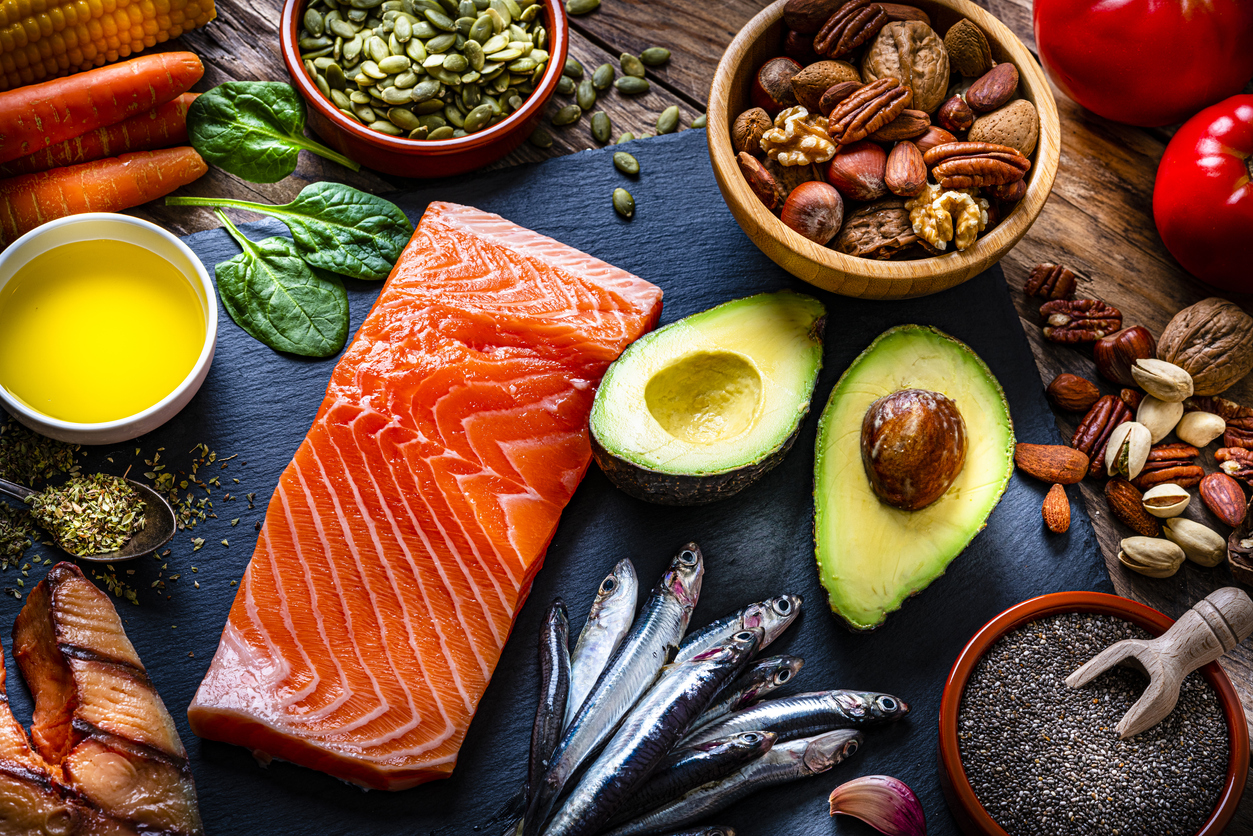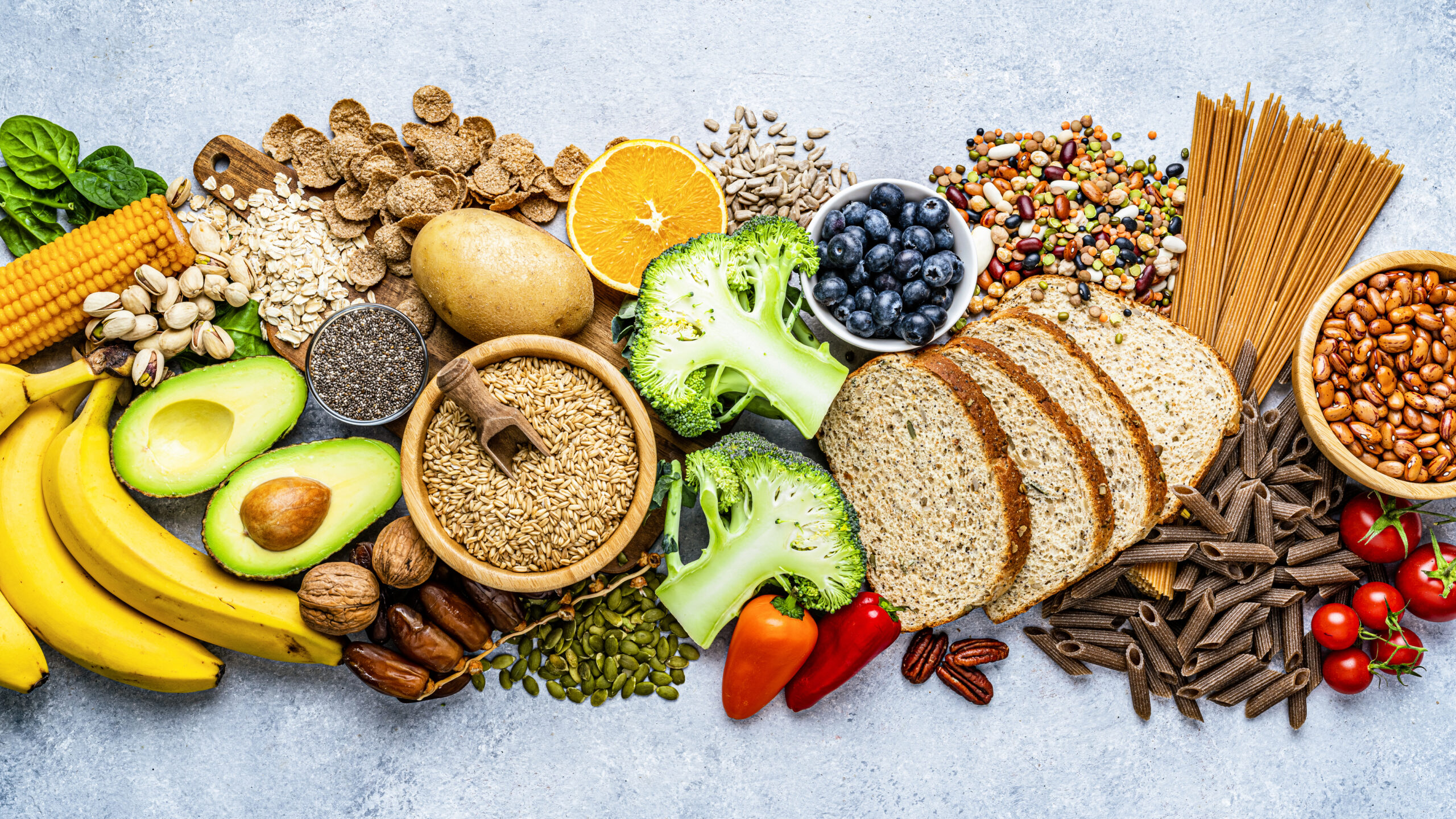With so many of our kids suffering from allergies, asthma, atopic dermatitis and other chronic conditions, it’s no wonder parents feel at a loss when looking for a solution. Naturally, you would assume that a respiratory problem like asthma will be treated by focusing on factors that affect the respiratory system directly, such as airborne allergens, pollution, and exposure to toxic chemicals in tobacco smoke.
Over the last several years, scientists have started connecting the dots between nutrition and asthma, as well. Although your child’s asthma will often require environmental changes and ongoing treatment, it seems that dietary changes towards healthier, more balanced eating habits can also be of great help in reducing symptoms and the severity of asthma attacks. Here’s how you can adapt your child’s nutrition to keep your child’s asthma under control even more!
Omega-3 fatty acids
Keeping your child’s immune system resilient means helping minimize severe reactions caused by asthma, as well. One crucial dietary component for your little ones are healthy fats! Omega-3 fatty acids found in salmon, tuna, other fatty fish, and some plants like walnuts and flaxseed are extremely helpful at minimizing inflammation and helping your little ones stay resilient.
Focus on fruits and veggies
Fiber-packed and loaded with vitamins and minerals, fruits and veggies are your best ally in battling severe asthmatic reactions through diet. Your child’s lungs, just like the rest of their developing bodies need these micronutrients to function properly.
- Think fresh! Replace candy with fruit salads and your kids will learn to love fruit.
- Make popsicles with Greek yoghurt, some honey, and fresh berries, and you’ll have a perfect summer treat.
- Try preparing your veggies with different spices but with no butter, lard, or oils, to avoid the creation of trans fats. The spices will make the veggies taste different and not bland.
- Encourage kids to snack on baby carrots and dips like hummus, drink home-made lemonade instead of store-bought juice, and make smoothies to keep things interesting.
A strong and balanced microbiome
Now that we are learning that the gut microbiome is a crucial part of our immune system, we need to pay more attention to how we treat our kids’ guts, too. The microbiome depends primarily on the right diet, which means your kids need to consume enough macronutrients, fiber, and micronutrients to stay resilient and ward off severe asthmatic reactions and inflammation.
The probiotics found in the Kids Fab 4 Bundle can help you protect your little one’s microbiome, while the chewy multivitamins and the additional vitamin D will be especially helpful during the cold season. Preventing viral and bacterial infections and keeping the gut healthy in one move means preventing severe inflammation that can agitate your kids’ asthma.
Curb sugar from foods and beverages
Delicious sodas and candy can be a treat for your little ones, but long-term consumption means wreaking havoc on their metabolism and their wellbeing. When it come to asthma in particular, if your kids eat too much sugar and thus cause too much inflammation during digestion, they might experience more severe symptoms.
Say goodbye to trans fats
Although consuming processed foods is generally considered an unhealthy practice, especially for those who almost exclusively eat fast food and candy, trans fats can be particularly nasty for anyone dealing with asthma. Metabolizing trans fats leads to the production of certain inflammatory chemicals that can exacerbate asthma symptoms.
Look for terms like “hydrogenated oil” or “partially hydrogenated oil” on the label, and you’ll know that the product contains trans fats.
However, food labeling can be a little misleading. If a cookie box says it’s free of trans fats, it might simply have too little to be mandatory to place it on the box, such as 0.5g per serving. If you eat two or three boxes of those same cookies, however, you’ll end up consuming a significant amount of trans fats. The best workaround? Feed your kids wholefoods, fresh fruits and veggies, and minimize processed goods.
Your child’s diet alone cannot resolve all the issues related to asthma, but it can certainly contribute to your little one’s healthy life, greater immune resilience, and less overall inflammation. If you need any help with defining your child’s diet plan to keep asthma and other chronic issues under control, book an appointment with us today!






